The Boy Who Ate Words
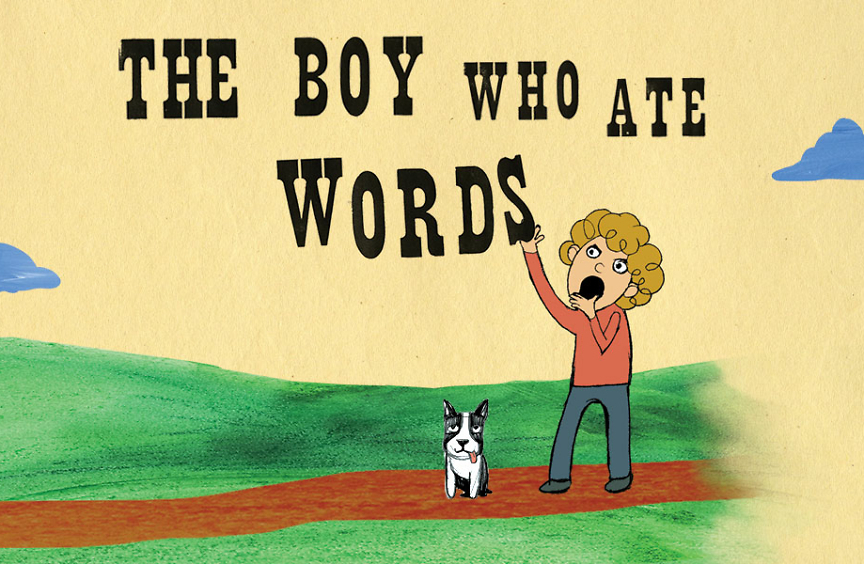
The Boy Who Ate Words is an interactive narrative-based game in which the protagonist lives in a world where he is constantly given commands.
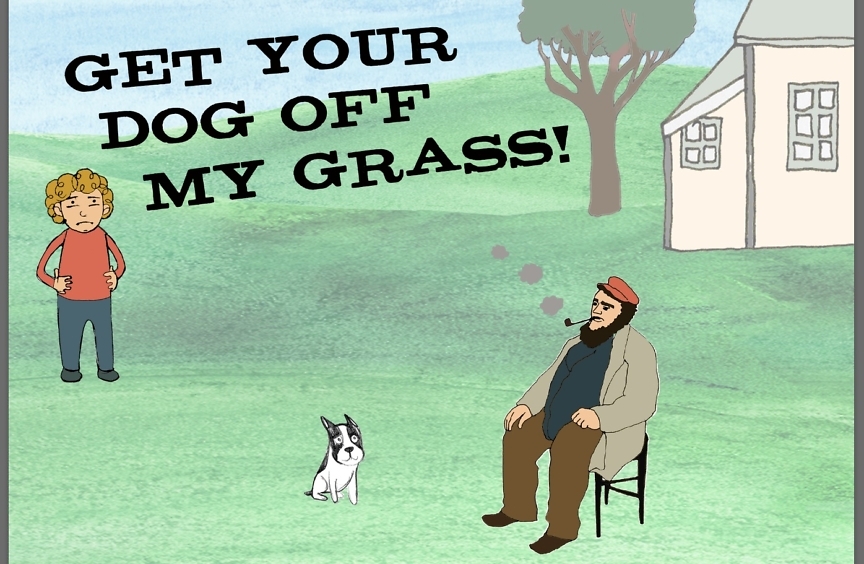
In The Boy Who Ate Words, the protagonist lives in a world where he is constantly given commands: “Keep your dog off my lawn!”, “Return your overdue books!” “Put your shoes away!”. The directives become insufferable and he becomes increasingly more and more frustrated, everyday and everywhere, everyone telling him what to do and what not to do.
One day, in a spontaneous gesture, without thinking, he grabs a word and shoves it in his mouth! Much to his astonishment, he could eat words; words are edible! He grabs another word and another one! He was on a rampage – eating every word in sight. Unbeknownst to the boy, every time he eats a word, the corresponding object disappears. Alas, his world is vanishing! Words construct our meaning and understanding of the world; in a world where words cease to exist, our constructed world would cease to exist!
The boy finds himself alone, scared, and lonely, in a blank space void of objects and meaning; not to mention – slightly bloated with a stomach full of words! Sniffling and sniveling, he starts to hiccup – “HICCUP- HICCUP” and out come letters! With that the game begins. Now the responsibility of restoring his world is up to the player by matching the letters to create words, transforming them into objects!
The Boy Who Ate Words is an exploration into interactive storytelling and visual representations of voice. The essence of this story is to provoke language, literacy and literality.
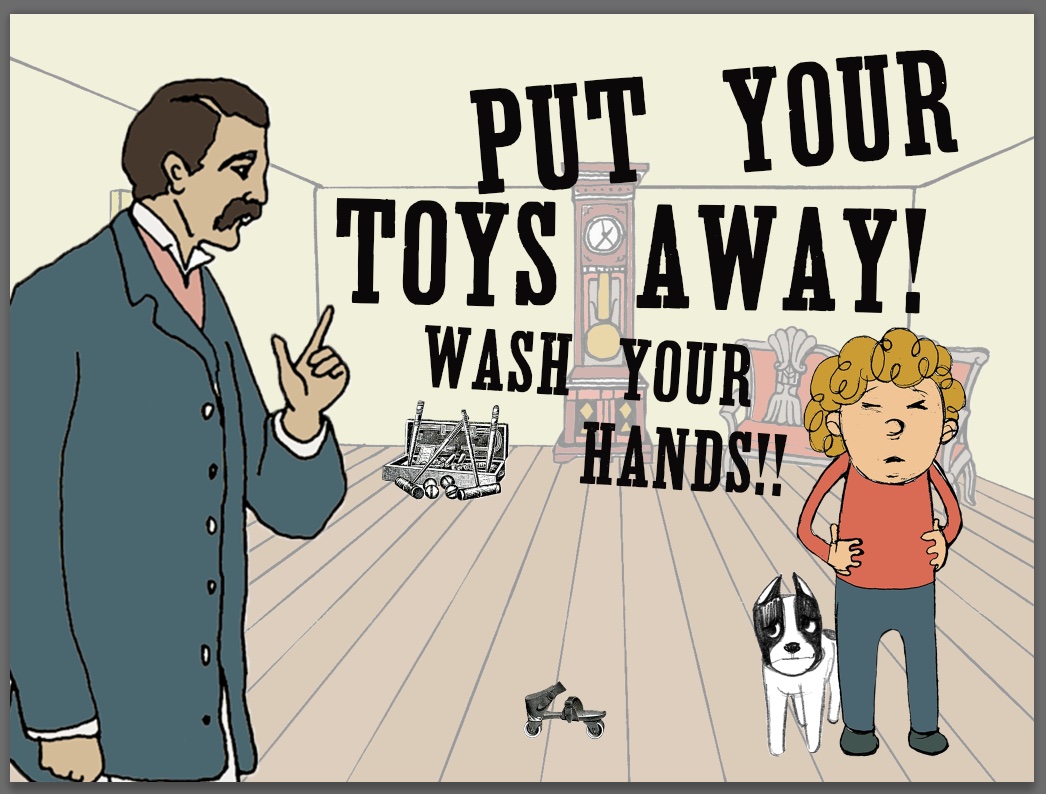
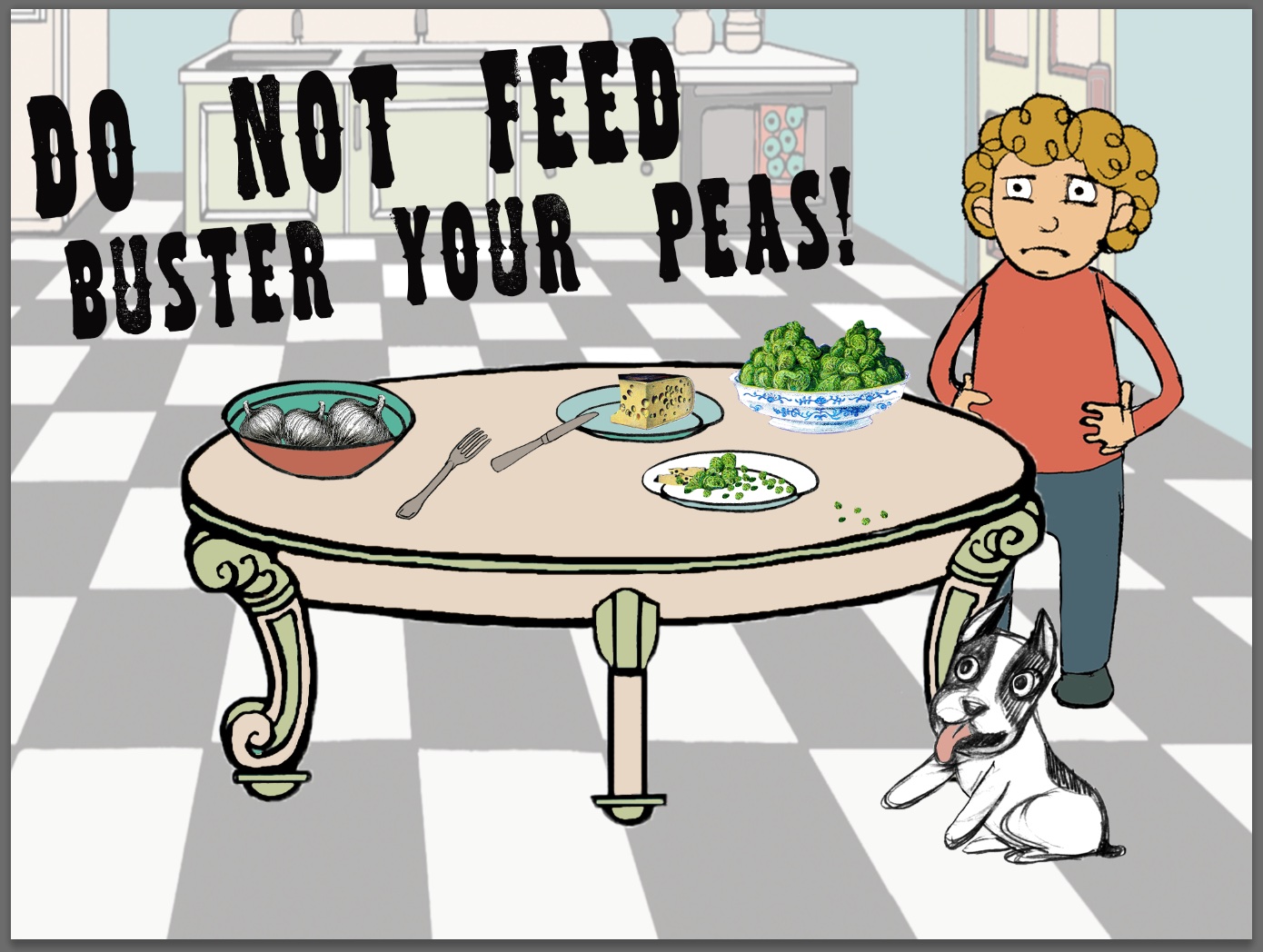
Designed for children ages 8 & up, including parents, educators, design aficionados, any and all linguaphiles at heart.
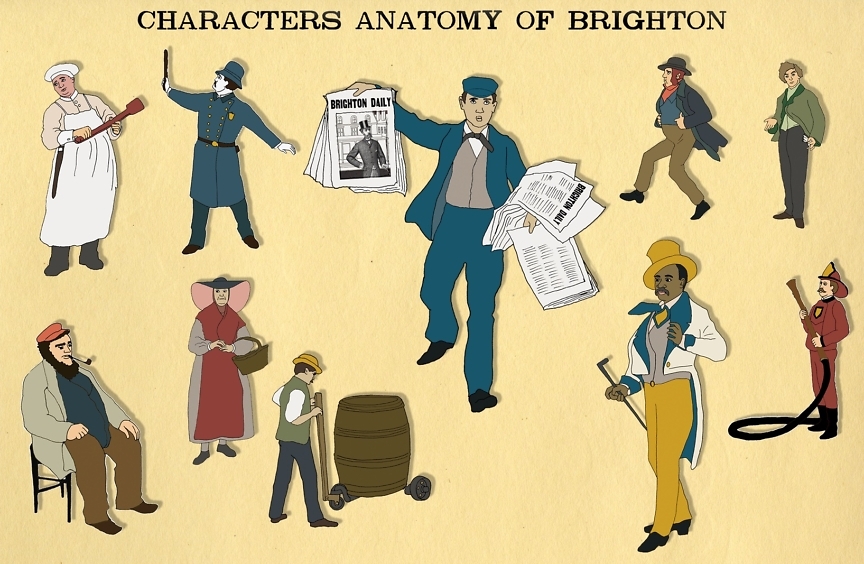
Tools & Techniques
The typography is original, done entirely on a letterpress machine using type sets dating back as early as the 1870s. The prints were then scanned and turned into font files. Each story character was given a distinctive font, adding weight and individuality to their voice, style, and tone.


